Like many other countries in South and Southeast Asia, Indonesia’s modern history is one marked by colonization and the harms of imperialism. While some of the most frequently read books on Indonesia focus on the colonial period or postcolonialism in the country, we think it is important to make sure that you don’t think the region’s history begins with its colonization by the Dutch. Indonesia has a widely diverse cultural, social, and religious makeup, with parts of the country still governed by pre-colonial monarchy and others the democratic state. It is often described as one of the most heavily populated Muslim countries in the world, yet many religions beyond Islam are practiced, including Hinduism, Buddhism, and Christianity.
Given’s the region’s diversity, there are many exciting books on Indonesia to discover. Below we have just a few of our picks for the best books on Indonesia.




_p136.jpg)
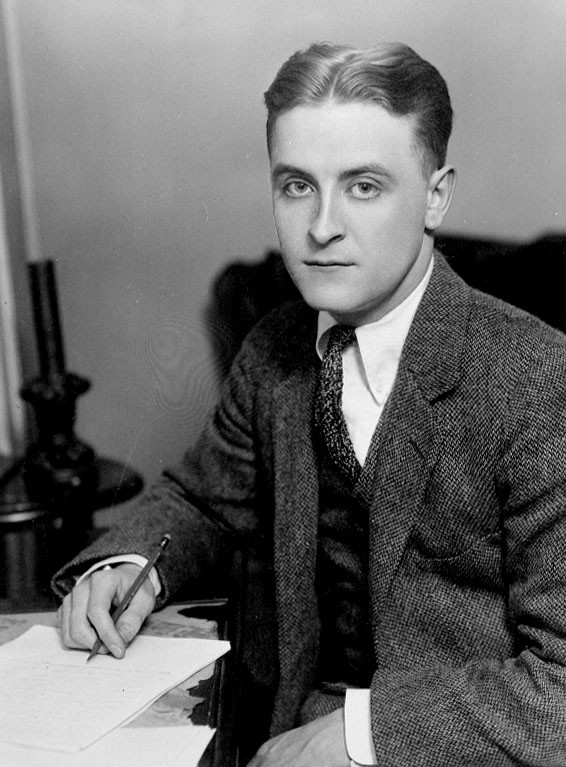
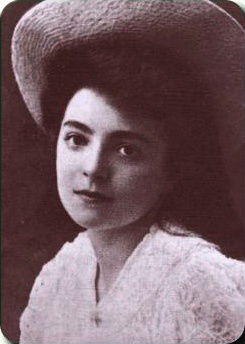

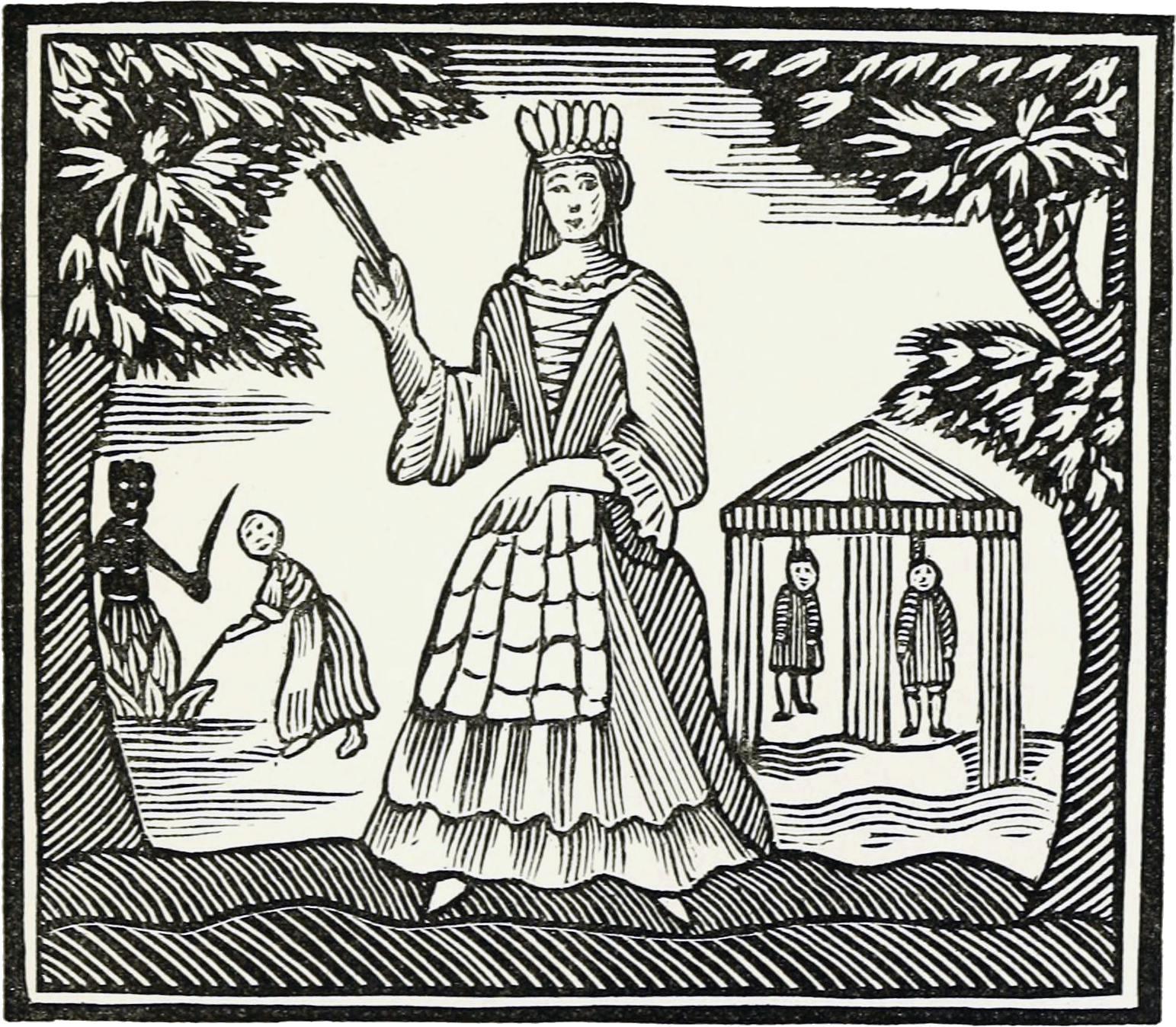
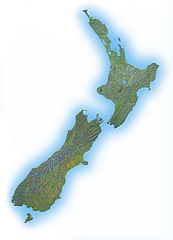
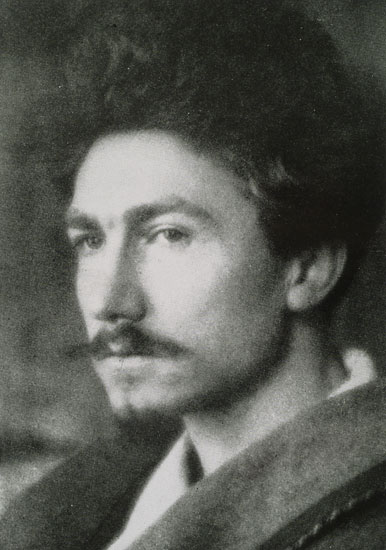
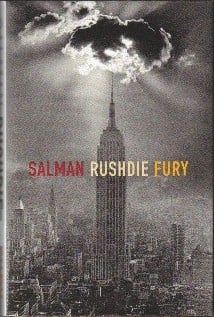
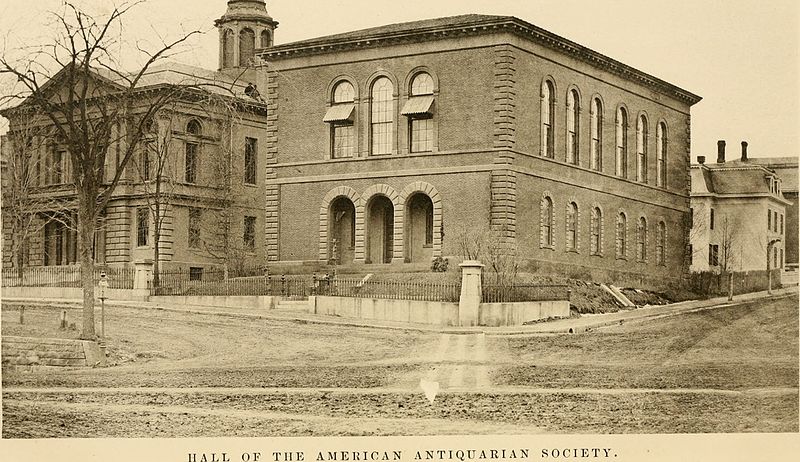
.png)



